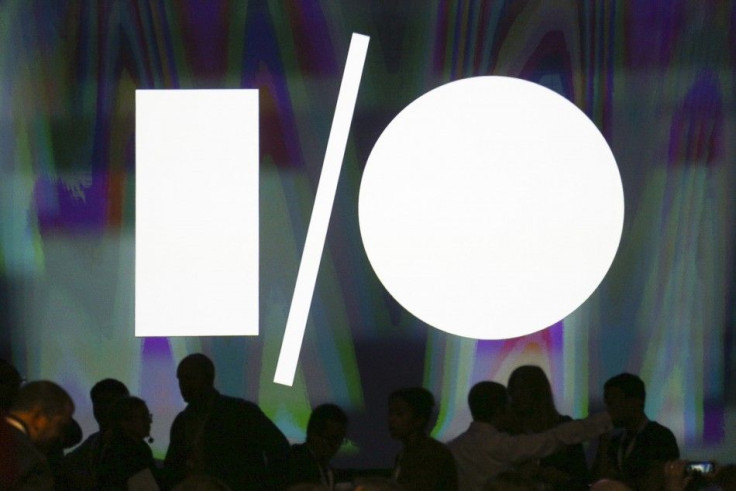Uber May Hit a Snag with Upcoming Google and Apple Car Technology

Uber, a 5-year old start up company has been vending transport services through its app-based service. With a single push of a button in people's mobile phone screens, they can have the luxury of getting their own car service within minutes.
The very idea of transportation is being revolutionized. Venture capitalists, professionals and consumers support the general concept because it paints a beautiful picture of a future with possibly less pollution, zero traffic jams and safe and time saving travelling experiences. Some even believe that this is an effective and cheaper alternative to owing a car.
Uber pours money into hiring new drivers, recruiting new passengers and elevating its technology. Uber has already unsettled and disturbed the traditional taxi industry to say the very least. With Uber's bold pursuit to improve and dominate through data gathering and analysis, public markets believe that the company can easily achieve $150 million valuation according to Forbes. Of course, the conservatives appraise and value it with a lower number.
Most market analysts seem to be very bullish and upbeat about Uber. They believe that there will be an upsurge in its performance. However, as with any type of business, there are always hindrances. There will always be copycats. There will always be upcoming competitors that will try to get a piece of the market. The more aggressive rivals will try to dominate and overtake the leader. And, those are just the 'norms" or "standards" in any business. Regulators may also become obstacles by imposing new costs and new rules and regulations.
Another challenge that may possibly be a threat in the near or far future is newer technology. Moving on forward, tech Giants like Google and Apple will eventually mass-produce driverless vehicles. The future is hard to predict but, when this becomes an actual reality, it will most certainly pose an immense threat to Uber.





















